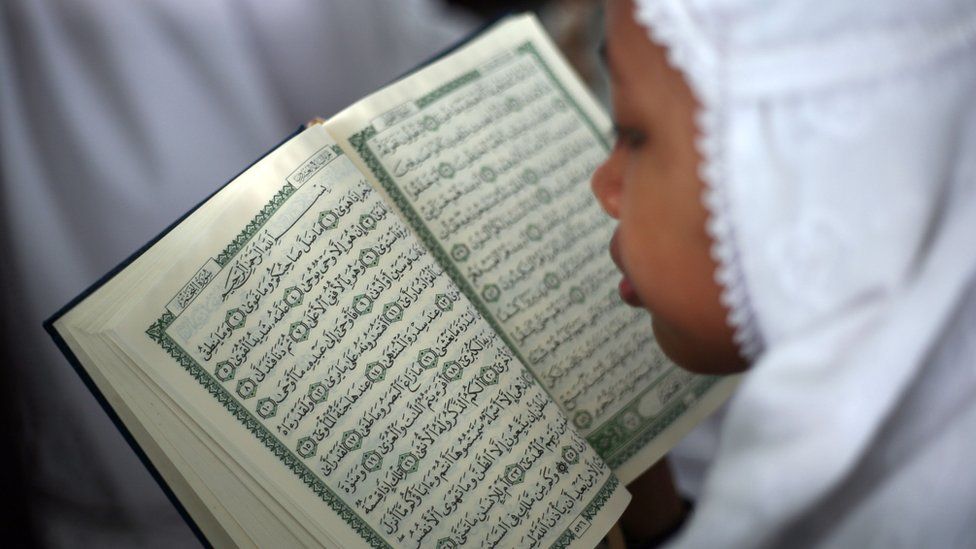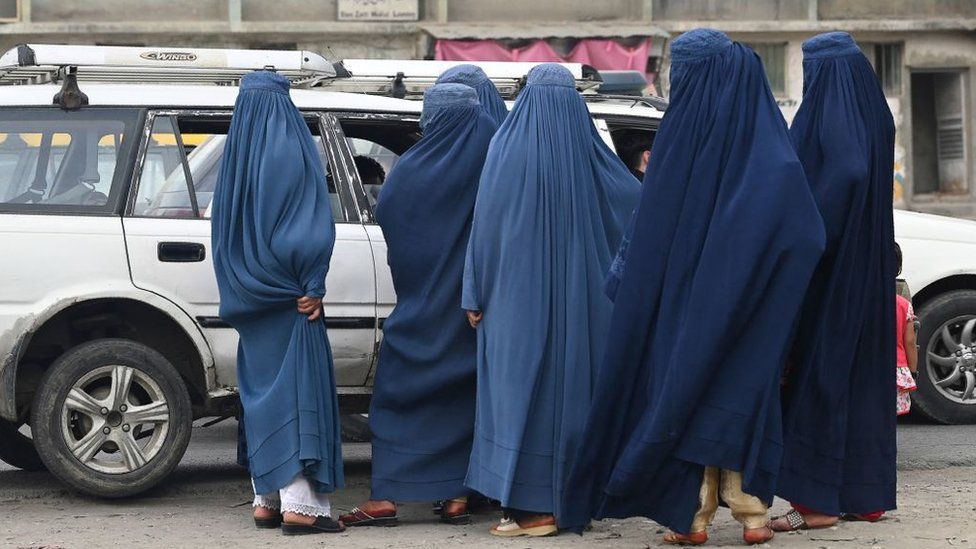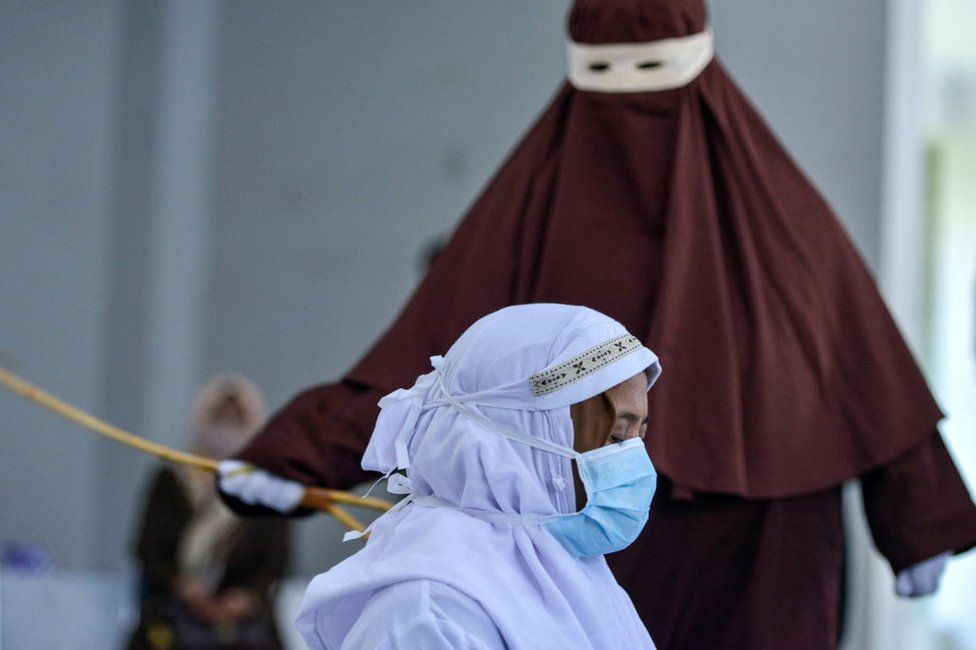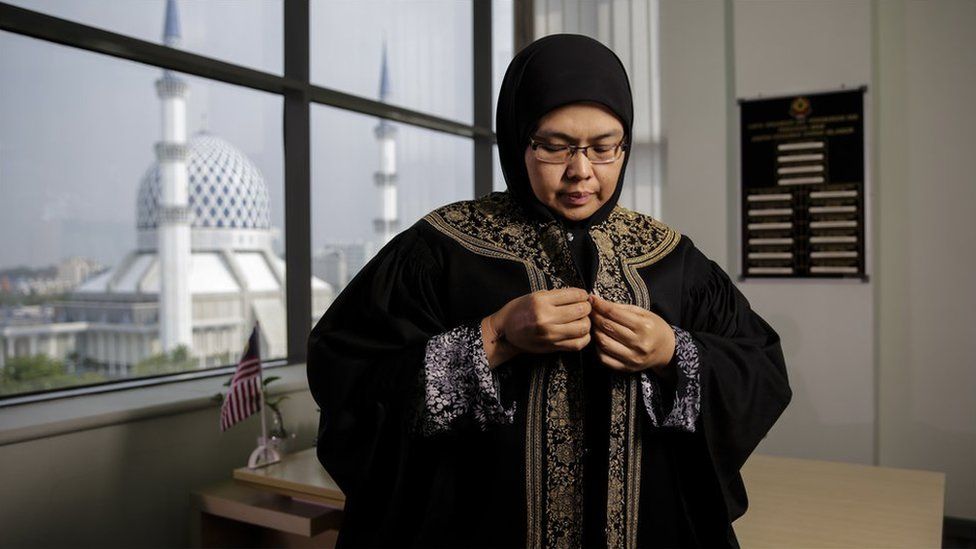BBC News 18 August 2021
The Taliban say they will rule Afghanistan according to Sharia, or Islamic law.
The group claimed victory after taking over the capital Kabul, bringing to an end almost two decades of a US-led coalition's presence in the country.
In the first press briefing after taking control, a Taliban spokesman said issues such as the media and women's rights would be respected "within the framework of Islamic law", but the group has not yet provided any details of what that will mean in practice.
Nobel Peace Prize winner Malala Yousafzai - who was shot aged 15 by the Taliban for campaigning for girls' education in Pakistan - has warned the Taliban's interpretation of Sharia law could be disastrous for the safety of women and girls in the country.
"I had the opportunity to talk to a few activists in Afghanistan, including women's rights activists, and they are sharing their concern that they are not sure what their life is going to be like," she told the BBC.
"A lot of them remember what was happening in 1996-2001, and they are deeply worried about their safety, their rights, their protection [and] their access to school."
The Taliban have been known for their strict interpretation of sharia, including punishments such as public executions of convicted murderers and adulterers.
What is Sharia?
Sharia is Islam's legal system.
It is derived from the Koran, Islam's holy book, and the Sunnah and Hadith - the deeds and sayings of the Prophet Muhammad.
Where an answer cannot be derived directly from these, religious scholars may give rulings as guidance on a particular topic or question.
Sharia literally means "the clear, well-trodden path to water".
Sharia law acts as a code for living that all Muslims should adhere to, including prayers, fasting and donations to the poor.
It aims to help Muslims understand how they should lead every aspect of their lives according to God's wishes.
What does this mean in practice?
Sharia can inform every aspect of daily life for a Muslim.
For example, a Muslim wondering what to do if their colleagues invite them to the pub after work may turn to a Sharia scholar for advice to ensure they act within the legal framework of their religion.
Other areas of daily life where Muslims may turn to Sharia for guidance include family law, finance and business.
What are some of the tough punishments?
Sharia law divides offences into two general categories: "hadd" offences, which are serious crimes with set penalties, and "tazir" crimes, where the punishment is left to the discretion of the judge.
Hadd offences include theft, which can be punishable by amputating the offender's hand, and adultery, for which harsh penalties can also be imposed.
There are many safeguards and a high burden of proof in the application of hadd penalties.
Some Muslim countries adopt or enforce such punishments for hadd offences, and surveys have suggested attitudes of Muslims to harsh penalties for such offences vary widely.
How are rulings made?
Like any legal system, Sharia is complex and its practice is entirely reliant on the quality and training of experts.
Islamic jurists issue guidance and rulings. Guidance that is considered a formal legal ruling is called a fatwa.
There are five different schools of Sharia law. There are four Sunni doctrines: Hanbali, Maliki, Shafi'i and Hanafi, and one Shia doctrine, Shia Jaafari.
The five doctrines differ in how literally they interpret the texts from which Sharia law is derived.



